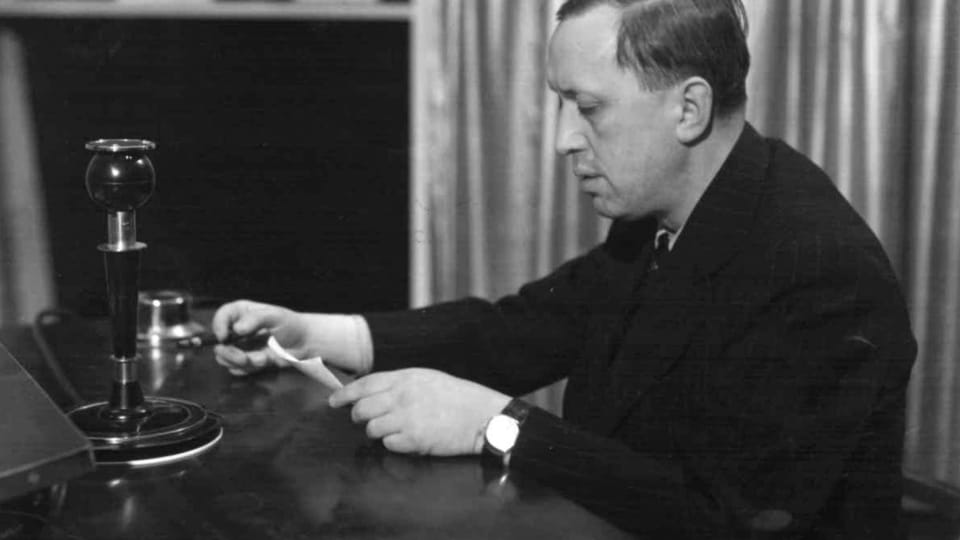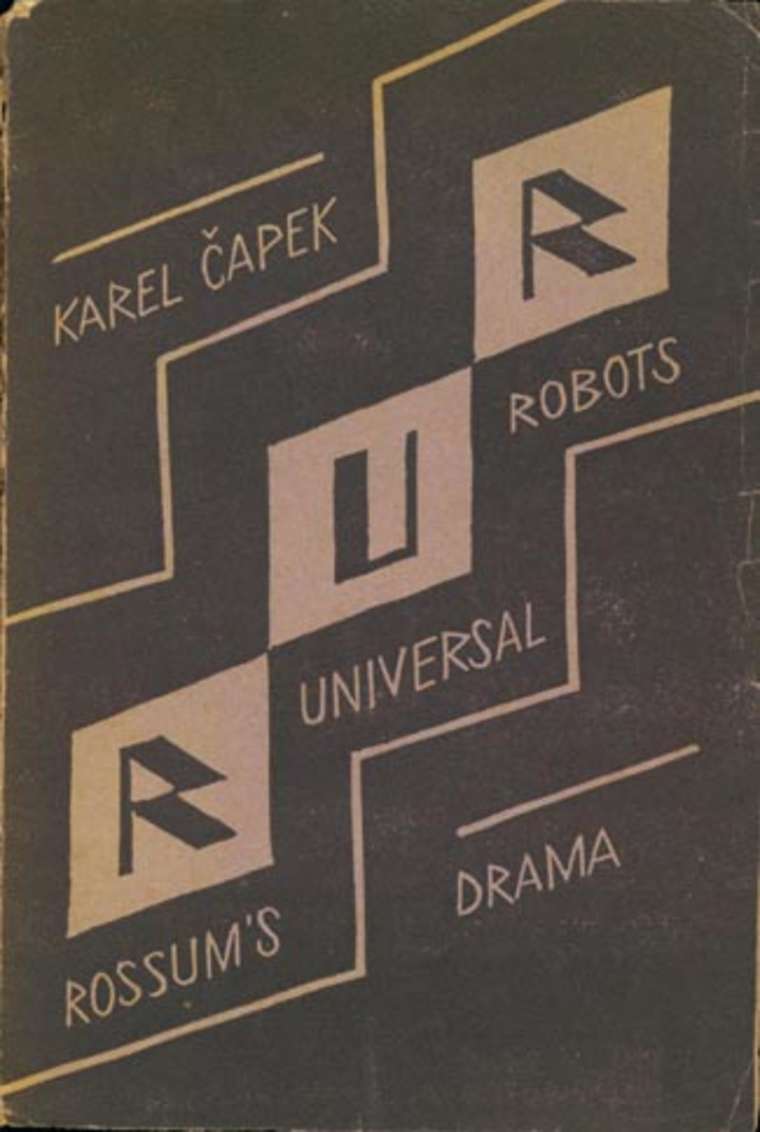A literary figure of independent Czechoslovakia in the middle of the two world wars; Karel Čapek was a playwright, a journalist, an editor, a satirist and a philosopher. Čapek was born in January 1890, in Malé Svatoňovice, Bohemia, now called the Czech Republic (Czechia). He was also one of the most versatile writers in Czech history, whose work dealt with questions of morals and human values often cast in the form of science-fiction romance.
At first glance, one might see that he portrayed a lot of concerns about fascism and the abuse of power in his writings, as well as perspectives on freedom, reality, justice and democracy, reflecting on the United Nations Sustainable Development Goals for Peace, Justice and Strong Institutions.

"The most terrible struggle in our recent history is being played out. It is not only a struggle for our land, it is a struggle for our soul," states Čapek.
He was outraged about what happened in World War I and its bloody brutality and the obtuseness of the political order that produced it and tended toward pacifism in the years afterwards. Yet, the prospects of his own country and the global political situation worsened beyond the capacity of satire to address.
He became an increasingly outspoken anti-fascist and endorsed armed resistance to tyranny, which he later conveyed into his play Bílá nemoc, meaning “The White Plague.” The play presented a noble pacifist, Doctor Galén, who was experiencing a period of war, and carried a lot of hate toward warfare when white leprosy plagued the world. He was the only one to discover the remedy for so-called white leprosy, yet he refused to share that secret until the world would agree to everlasting peace.

Čapek’s endorsement of resistance against tyranny was also represented in his anti-war drama play, Matka, meaning, “Mother,” where he portrayed the relationship between men who wanted to fight and their mothers who did not want them to go.
He was also appalled by the carnage wrought by the mechanical and chemical weapons that marked World War I as a departure from previous combat. In response, he decided to create a speculative science fiction play that gave a clear picture of how humans dehumanized themselves while abusing technology, and turned into wretches without souls.
Čapek had the imagination that people were acting as machines and that they were only working every day without any rationality involved, thus he had to choose a relevant name before starting to write this play. He suggested the name “Laboři” but he was still skeptical as the name seemed a bit literal. Suggested by his brother Josef, the name “Roboti,” a word that is derived from the Slavic word “Robota” which means “forced labour,” and Čapek couldn’t agree more, as it perfectly explained the idea of the play, and since then the word “robot” was brought into other languages.
The story begins with a dystopian satire of the factory-assembled robot workers who revolt against their controllers, led by a speech by Domin, the General Manager of Rossum’s Universal Robots, a factory where robots are manufactured. After wiping out almost all humans, they realize that they can't create more of themselves without humans, so they keep one man alive, whom they ordered to find the secret formula of their existence, without which they can no longer live.
A world without love, laughter, or art, under a long invented night. Harry Domin, the general manager of Rossum’s Universal Robots, explains to Helena Glory, the only woman who survived, how cruel the world became after every morals and feelings of humans vanished. This context critiques the efficiency movement that emerged before World War I, which ignored many essential human traits.
Long after the robots try hard to convince Helena that only work and power are the most important factors out there, she draws one of the robots’ attention, Primus, to how effortlessly beautiful life may be. In Čapek's critique, humans and robots are the same in this play, yet the robots in this play started to increase in self-awareness.
"It was a great thing to be a human being. It was something tremendous. Suddenly, I'm conscious of a million sensations buzzing like bees in a hive. Gentlemen, it was a great thing," says Dr. Hallemeier, the Head of the Institute for Psychological Training of Robots, after a robot came into his room and stabbed him in the back in the play.
Despite its darkness, Čapek made this play seem to shy away from the harshest implications of its premises; the robots wipe out humans, and yet somehow, in the end, the robots become quite human.
